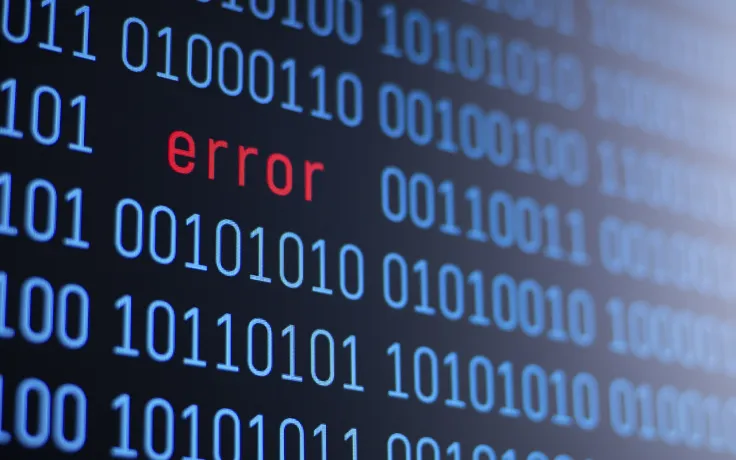
Disclaimer: The opinions expressed by our writers are their own and do not represent the views of U.Today. The financial and market information provided on U.Today is intended for informational purposes only. U.Today is not liable for any financial losses incurred while trading cryptocurrencies. Conduct your own research by contacting financial experts before making any investment decisions. We believe that all content is accurate as of the date of publication, but certain offers mentioned may no longer be available.
A copy-paste error by a developer of the Cosmos-based Juno blockchain has yielded $36 million in crypto to an inaccessible address on the blockchain.
Three million JUNO tokens worth $36 million had been seized from the wallet of a whale (large holder) by the name Takumi Asano, accused of gaming a community airdrop.
Instead of being sent to a wallet controlled by Juno token holders, who would then vote on how the money would be spent, the funds were accidentally sent to an address that no one could access.
【Was Unity Software Upgrade really Successful?】
The upgrade caused an incident.
The targeted JUNO was NOT moved to the unity contract address, but moved to an unknown address LoL.https://t.co/ofBm7jmHeC?from=article-links— Takumi Asano (朝野巧己)| GAME ⚛️ | Juno Whale? (@takumiasano_jp) May 5, 2022Advertisement
Andrea Di Michele, one of JUNO's founding developers, explained the incident, stating that when he gave the developers the address of the [Unity] smart contract, he had pasted the address of the smart contract while putting the transaction hash underneath it.
He did not, however, specify the transaction hash, leading to a mix-up between the smart contract address and the transaction hash.
According to Dimi, developers mistakenly copied the transaction hash—which looked identical to the wallet address—rather than the address itself. As a result, the seized funds were moved to a part of the Juno blockchain where no one could access them.
Interestingly, of JUNO's over 125 validators, not one appeared to notice that the Unity address was pasted incorrectly. To be included in the chain, "validators" must validate each transaction, which is encoded in "blocks."
Developers have developed ways to reverse transactions in the past, but the solutions are not straightforward. Because JUNO is a Proof-of-Stake chain, the problem may be easier to fix for its engineers. JUNO operates on a governance model in which token holders can vote to change blockchain transactions, and changing direction might require a majority vote and a software update.
According to reports, a fix is in the works, but it might take at least a week.
 Dan Burgin
Dan Burgin Vladislav Sopov
Vladislav Sopov